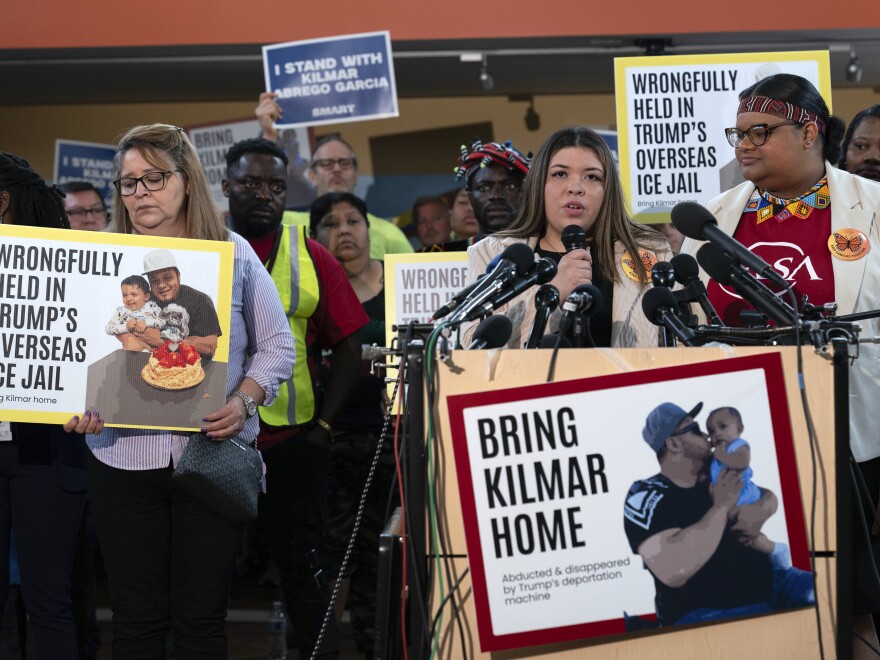- April 10, 2025
The Removal of Abrego Garcia: Unfortunate, but Possibly Legal

The immigration judge’s decision seemed to suggest he shouldn’t be removed to Guatemala
Washington, D.C. – A new Center for Immigration Studies comprehensive analysis of a recent case involving the removal of Kilmar Armando Abrego Garcia, a Salvadoran national and alleged MS-13 member recently deported to El Salvador, despite his having status in this country, highlights an immigration judge’s confusing and incomplete decision that may have contributed to what the government has called an “administrative error” that led to his removal.
A federal judge today ordered the return of Abrego Garcia, though it is not clear how that can happen given that he is a Salvadoran citizen in Salvadoran custody.
Abrego Garcia entered the U.S. illegally in 2012 from El Salvador, but didn’t seek asylum until after ICE arrested him in 2019. That application was denied due to statutory time bars, but an immigration judge did grant him “statutory withholding” of removal, which did not change the fact that he was deportable, but protected him from deportation only to a specific country.
The problem is it’s not entirely clear from the immigration judge’s decision that the country in question was El Salvador, where he was sent, and not Guatemala, which the court referenced at three key junctures in its ruling.
Andrew Arthur, the Center’s fellow in law and policy and a former immigration judge, describes why he would not have granted this protection application in the first place, and explains how the judge’s confusion may have inadvertently led DHS to believe removal to El Salvador was permitted.
Further complicating the case is the fact that a different immigration judge previously denied Abrego Garcia bond based on allegations he was a verified MS-13 gang member — a claim upheld by the Board of Immigration Appeals in 2019, but one referenced only in passing by the judge who ultimately granted him protection.
Arthur said, “This case underscores the urgent need for reform in how immigration rulings are documented and enforced. Incomplete records and unclear legal findings not only undermine the rule of law but can also lead to potentially life-threatening consequences for individuals seeking protection.”

